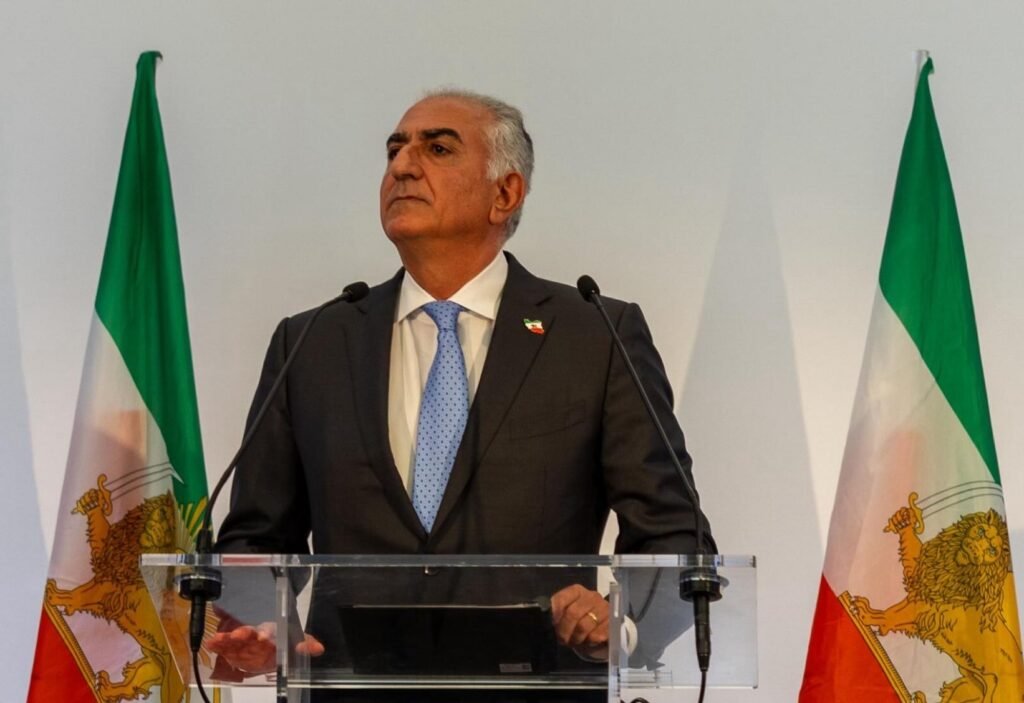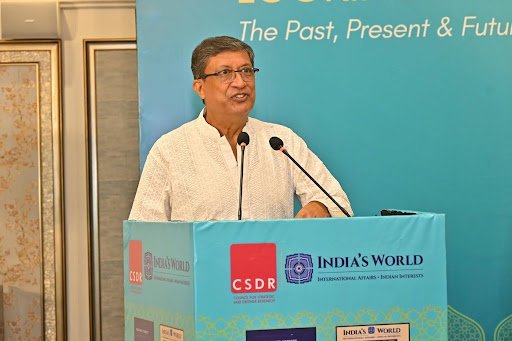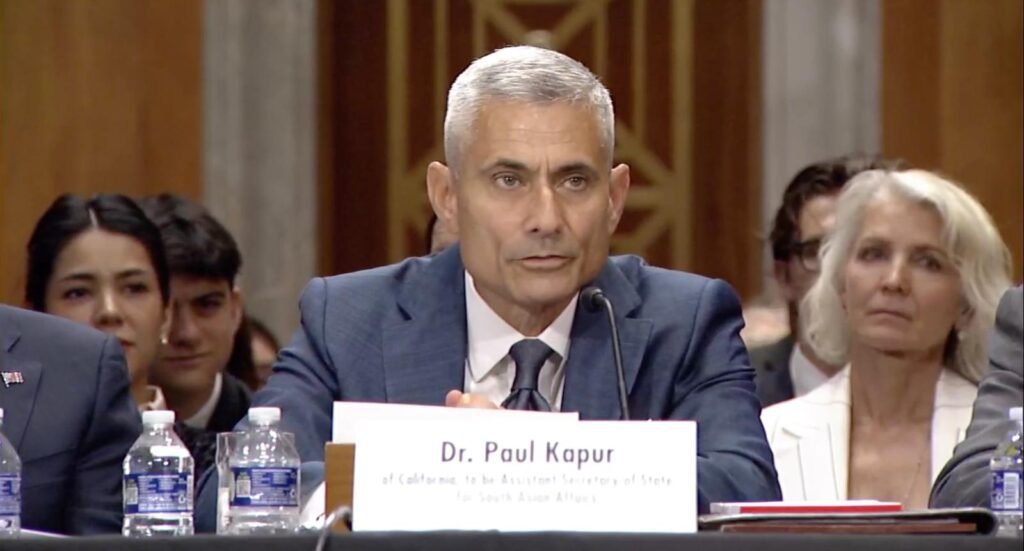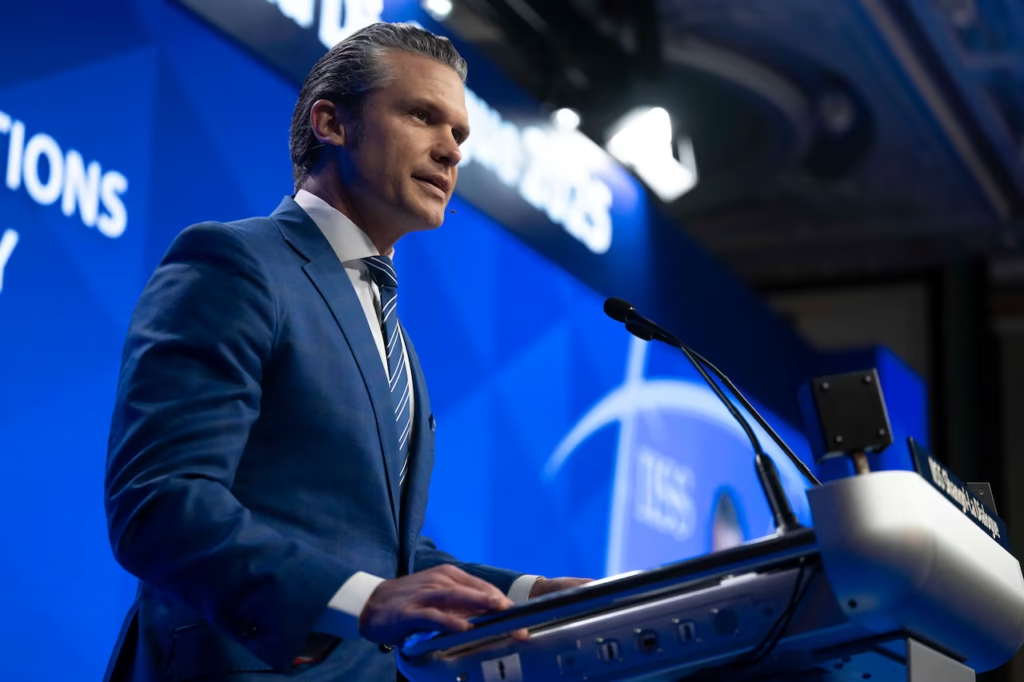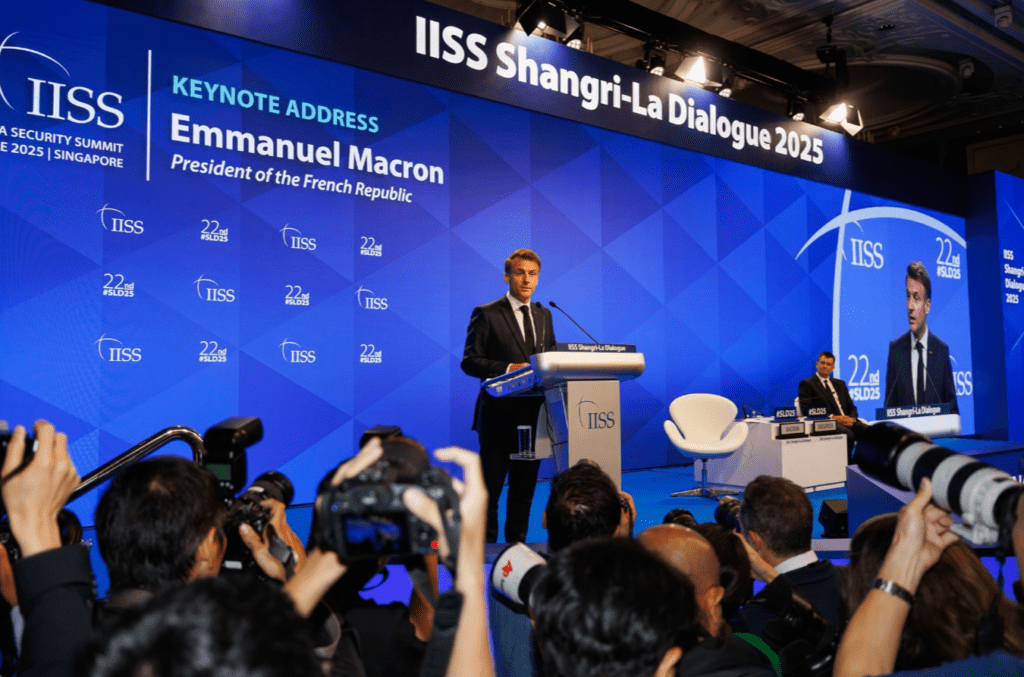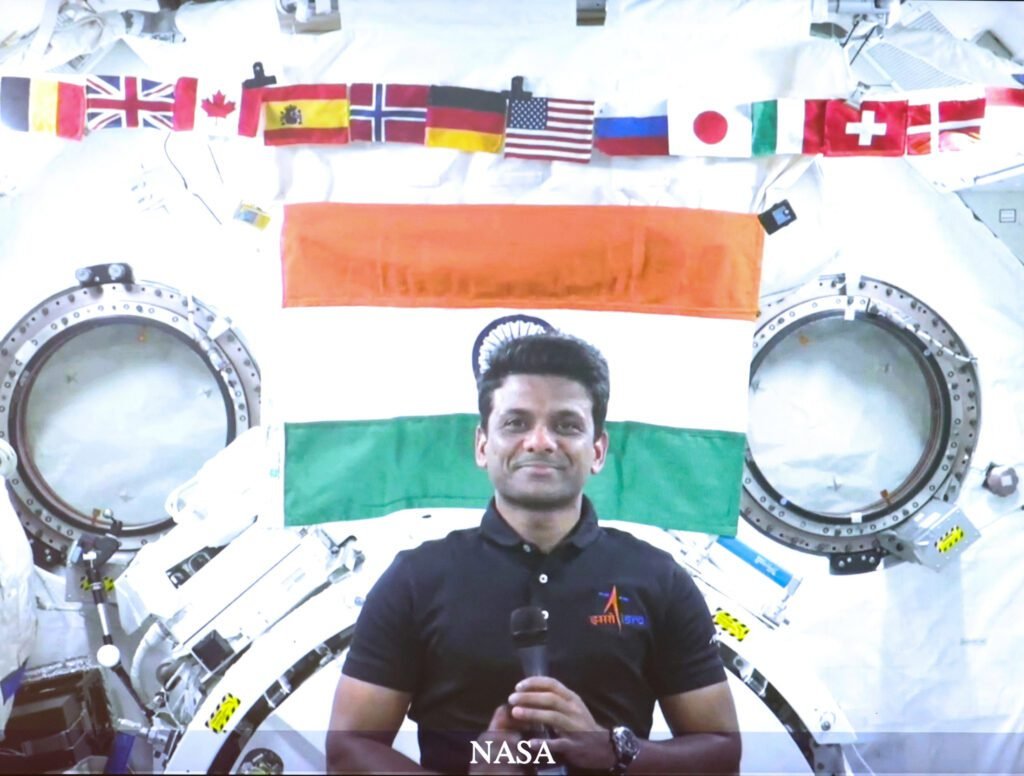
Speaking to Prime Minister Narendra Modi from the International Space Station on 28 June, Group Captain and Axiom Mission 4 pilot Shubhanshu Shukla remarked that his 400 km-long journey from Earth to orbit is not merely a personal feat but exemplifies India’s rise over the years. He shared that what first impressed him upon entering orbit was the oneness of the Earth and humanity, owing to the invisibility of borders from space, and the majestic size of India.


